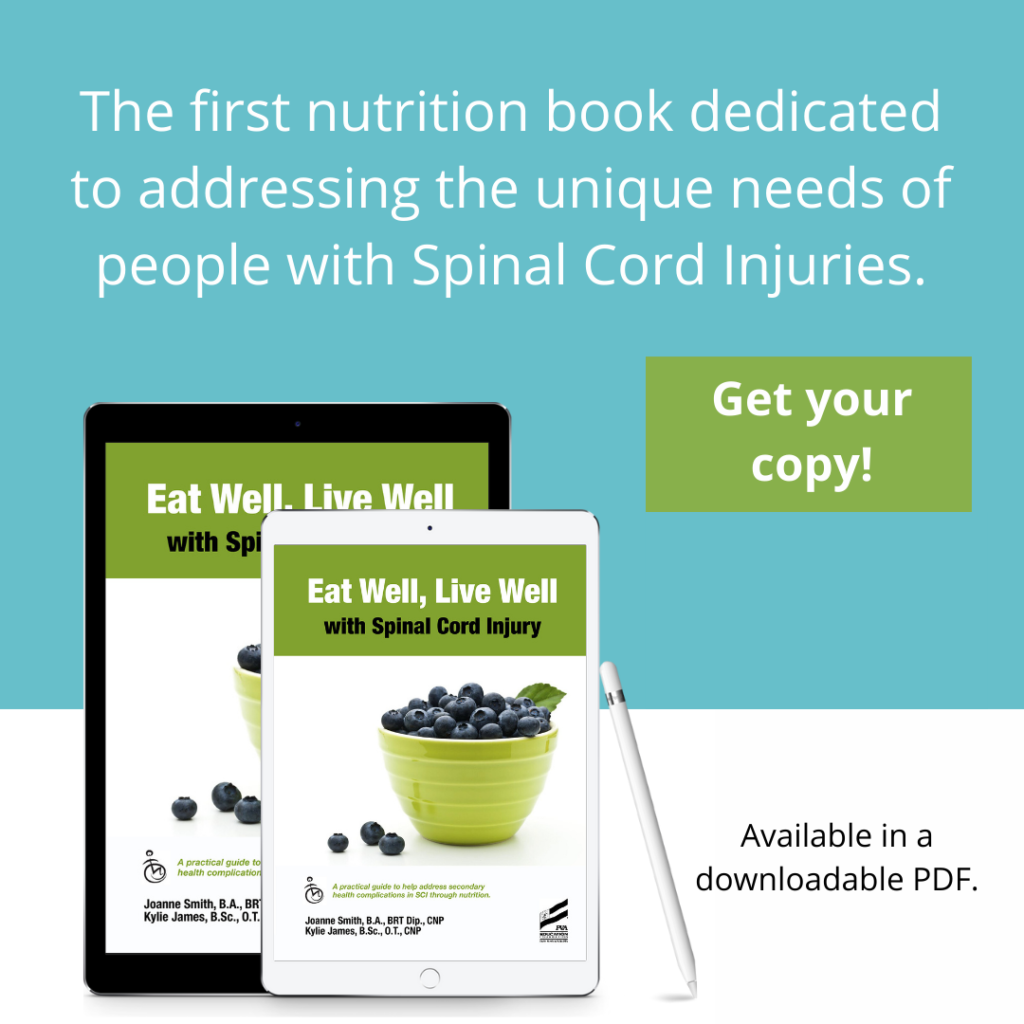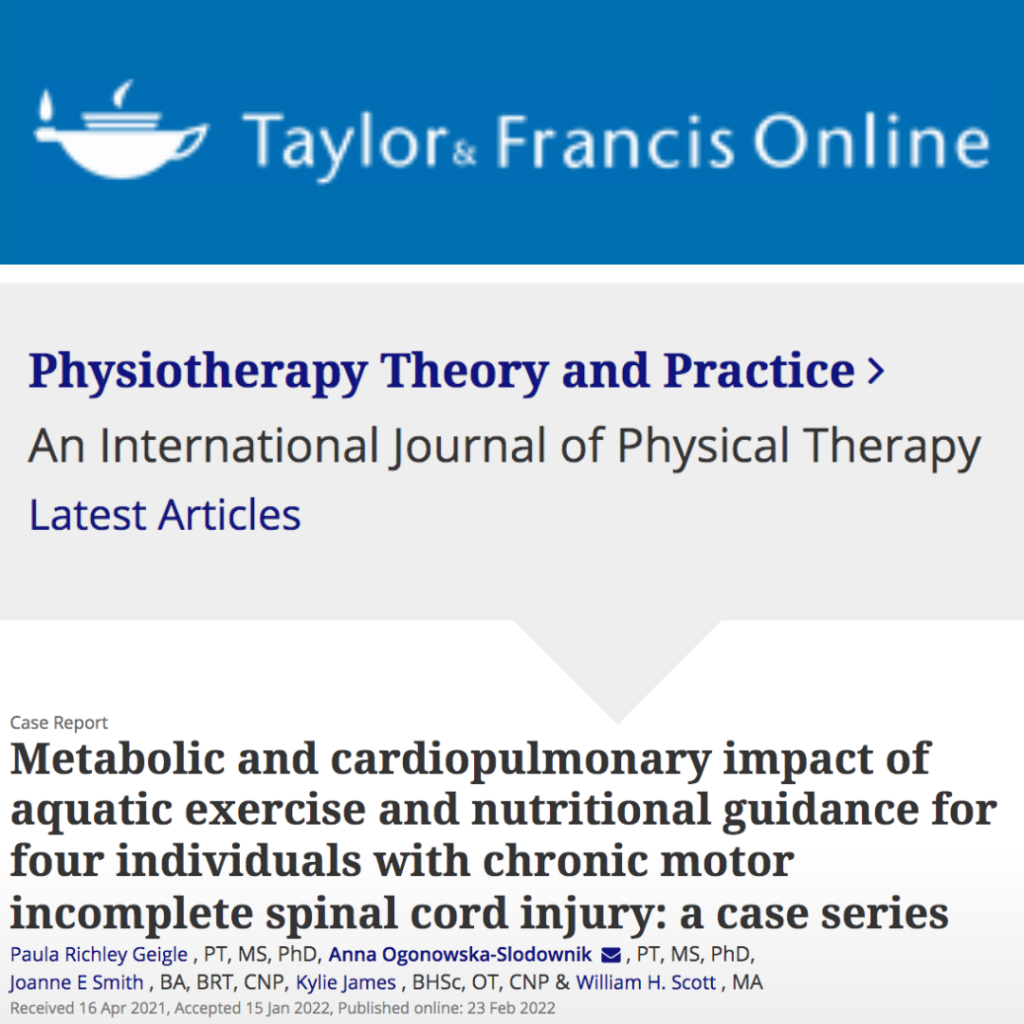Do you struggle with difficulty getting up in the morning, experience mid-afternoon crashes, seem fatigued all the time, or feel depressed? Then you, like many other people that live in the hustle and bustle of the western world, might be struggling with a condition called adrenal fatigue.
These last couple of years has been a physical and emotional strain on all of us with lockdowns, online schooling, inability to participate in sports, socialize with friends and family, job stressors, toxic people, financial constraints from reduced income, relationship strain, loss of a loved one, and just the fear of the unknown and the future. The plethora of ongoing stressors can have a direct impact on our hormones and puts us at risk of adrenal fatigue.
What Is Adrenal Fatigue?
Although we need an element of stress in our lives, when stress becomes intense without any breaks – this can become a problem. Stress can be in any form – physical, emotional, psychological, environmental, infectious, etc. Because our adrenal glands are responsible for managing our stress response, any kind of stress is going to affect your adrenals.
Adrenal fatigue is a broad spectrum of signs and symptoms that result from being under prolonged stress. After constantly being overworked, the adrenal glands can become exhausted. This can lead to adrenal fatigue, which in turn can impact every organ and system in your body! Adrenal fatigue can vary from mild to severe.
Because fatigue is correlated and present with so many other health related conditions, the actual diagnosis of adrenal fatigue is often overlooked by medical practitioners.
Signs and Symptoms of Adrenal Fatigue
- Difficulty getting out of bed in the morning
- Continued fatigue throughout the day not relieved by sleep
- Craving for salt or salty foods
- Increased effort to do everyday tasks
- Decreased sex drive
- Decreased ability to handle stress
- Increased time to recover from illness, injury or trauma
- Lightheaded when standing up quickly
- Mild depression
- Less enjoyment or happiness in life
- Increased PMS
- Symptoms increase if meals are skipped or irregular
- Brain fog, less focused
- Poor memory
- Decreased tolerance to things, more irritable
- Don’t really feel awake until 10:00am, afternoon slump between 3-4pm, and feel energized after 6:00pm or after dinner
- Decreased productivity, taking longer to complete tasks and finding it harder to stay on task
How Do I Get Assessed For Adrenal Fatigue?
This condition often gets overlooked by medical practitioners because the signs and symptoms can be caused by other health conditions such as depression or thyroid conditions. Naturopathic doctors are skilled in testing for adrenal fatigue through analyzing stress hormone levels. If you are approaching your family doctor or a naturopathic doctor to assess you for adrenal fatigue; one of the best tests to determine if adrenal fatigue is present is saliva hormone testing for cortisol 4 times during the day and testing for DHEA-S.
How To Correct Adrenal Fatigue
Our recommendations for addressing adrenal fatigue are based on three things – lifestyle changes, diet and supplementation.
1. Lifestyle
There are many simple lifestyle changes that can be incorporated into day-to-day life to help reduce stress and promote a sense of calmness and relaxation. For example:
- Take a bath with Epsom salts
Epsom salts are high in magnesium and are easily absorbed through the skin to promote a sense of relaxation before bed. - Laughter
We’ve all heard laughter is the best medicine, right? Laughing can help change hormones as it reduces stress in the body. So, watch a comedy show and joke with friends. - Exercise
Exercise can also have many health benefits such as reducing depression, losing weight, releasing feel-good endorphins and promoting sleep. But, it’s important to be aware of avoiding intense exercise if you have adrenal fatigue as this will put too much stress on the body. The best exercise should be enjoyable and ideally should be a combination of aerobic, anerobic and flexibility. - Other ideas for stress reduction include listening to relaxing music, taking a hike through nature, mediation, yoga, implementing positive affirmations, deep breathing, and scheduling out time for yourself.
2. Diet
Diet is crucial in supporting the adrenals glands to prevent or manage adrenal fatigue. One of the key factors to supporting your adrenals is balancing blood sugar levels. The reason for this is that not only when blood sugars drop will you tend to reach for unhealthy snacks such as a candy bar or a doughnut, but your body naturally produces the stress hormone cortisol to raise blood sugars back up. The last thing we need when we are stressed is more cortisol!
To balance blood sugar levels each meal should be balanced with a protein, good fat and a complex carbohydrate. We’ve written more about balancing blood sugar levels here.
Supporting the adrenals requires a focus on a nutrient-dense, whole foods. A whole foods diet is high in vegetables (at least 7-8 servings a day) in a variety of colours; low glycemic fruits; gluten-free whole grains such as buckwheat, quinoa, brown rice, oats or millet; as well as high quality protein sources such as fish, grass-fed beef, poultry, eggs, and various plant based proteins such as beans and legumes.
Top 5 Foods To Support The Adrenal Glands
If you’re looking for specifics, our top 5 foods to support the adrenal glands include:
- Fatty fish such as wild salmon and sardines
These fatty fish contain omega-3 fats which have anti-inflammatory properties that may help counteract the negative effects of stress (vi).
Check out our Rosemary Walnut Crusted Salmon, Grain-Free Mediterranean Mackerel Pasta, or our Crockpot Cod & Sea Veggie Soup for recipe inspiration! - Dark leafy greens such as kale, spinach and Swiss chard
Leafy greens are rich in folate that is needed to produce dopamine and serotonin, our pleasure inducing neurotransmitters that help keep you calm (vii). Recipes like our Herb & Greens Chicken Sliders and Green Muffins can help you sneak in more greens!
- Fermented foods such as kimchi, kombucha, and sauerkraut
Fermented foods contain beneficial bacteria that may positively impact your mood and brain health (viii).
Our Yogurt Nut Clusters provide a creative way to enjoy a fermented food! (You can use dairy-based yogurt, or a dairy-free yogurt of your choosing.) - Seeds such as flaxseeds, sunflower seeds, and pumpkin seeds
Seeds as a group are great sources of Magnesium, which acts as a precursor for neurotransmitters like serotonin, which is important for improving mood (viiii ). To incorporate more seeds into your diet you could try our Cinnamon Flax Pudding Parfait or our Berry Beet Smoothie Bowl.
To find out more about how nutrition impacts your health, Koru offers comprehensive individualized nutrition programs.
3. Supplements
When your body is under chronic stress it uses up key vitamins and minerals a lot more quickly. This is especially true for those nutrients that the adrenal glands rely on to function such as B vitamins, vitamin C, calcium and magnesium.
Vitamin C – Vitamin C may be the most important nutrient for the adrenal glands because your body uses vitamin C to make cortisol. The more cortisol you make, the more vitamin C that gets used up. Vitamin C is essential to the adrenal hormone cascade and acts as an antioxidant within the adrenal gland itself.
Also, vitamin C is water soluble, so it gets used up in the body more quickly. Because of this, it is very difficult to “overdose” on vitamin C. Therefore, you can take vitamin C is larger quantities, basically until bowel tolerance (the point at which it causes loose bowel movements). We recommend slowly increasing dosage until you get to this point and then scaling back slightly.
B Complex – B vitamins absorb and work better when taken together. B vitamins are very important for energy production, which is something that you desperately need when suffering from adrenal fatigue. When looking at taking a B Complex it’s good to make sure that it contains the following: 50-100mg of B6, 75-125mg of B3, 200-400mcg of B12, , and 1500mcg a day of pantothenic acid (may need to get this from an individual bottle of 500mcg 3 times a day).
Magnesium – Magnesium is our anti-stress, anti-anxiety mineral. Magnesium promotes relaxation. It is also essential to making enzymes and energy necessary for the adrenals and for adrenal recovery.
Most adults benefit from consuming 400mg of magnesium a day. Magnesium is often taken after 8:00pm at night.
Calcium – Calcium is an important mineral to help calm the nervous system down and is also used up quickly under stress.
Take 750-1000mg a day best take after 8:00pm at night for best absorption and to help aid in sleep.
Summary
If you are struggling with chronic fatigue, inability get up in the morning, reduced sex drive, and/or difficulty sleeping… then you may be struggling with adrenal fatigue.
To help reduce your symptoms and work toward healing it may help to focus on balancing your blood sugars; taking Vitamin C, a B complex, as well as calcium and magnesium supplements; and exploring ways to reduce and manage stresses in your life by making lifestyle changes.
Making small changes can go a long way to helping you feel better. If you feel overwhelmed or feel like you would benefit from extra support, then please reach out to us. You do not need to suffer alone.
References:
i. Regular exercise, anxiety, depression and personality: A population-based study. M.H.M.De MoorA.L.BeemJ.H.StubbeD.I.BoomsmaE.J.C.De Geus. Department of Biological Psychology, Vrije Universiteit, van der Boechorststraat 1, 1081 BT, Amsterdam, The Netherlands
ii. Sleep Med. 2010 Oct;11(9):934-40. doi: 10.1016/j.sleep.2010.04.014. Epub 2010 Sep 1. Aerobic exercise improves self-reported sleep and quality of life in older adults with insomnia. Reid KJ1, Baron KG, Lu B, Naylor E, Wolfe L, Zee PC.
iii. Wasantha P. Jayawardene, Mohammad R. Torabi & David K. Lohrmann (2016) Exercise in Young Adulthood with Simultaneous and Future Changes in Fruit and Vegetable Intake, Journal of the American College of Nutrition, 35:1, 59-67, DOI: 10.1080/07315724.2015.1022268 iv. Biol Psychiatry. 2009 May 1;65(9):728-31. doi: 10.1016/j.biopsych.2008.10.011. Epub 2008 Nov 22. Intranasal oxytocin increases positive communication and reduces cortisol levels during couple conflict. Ditzen B1, Schaer M, Gabriel B, Bodenmann G, Ehlert U, Heinrichs M. v. J Natl Med Assoc. 2009 Mar;101(3):243-50. The association between perceived social support and health among patients at a free urban clinic. Cadzow RB1, Servoss TJ.
vi. Antidepressant-like effects of uridine and omega-3 fatty acids are potentiated by combined treatment in rats Carlezon, William A. et al. Biological Psychiatry , Volume 57 , Issue 4 , 343 – 350
vii. The association of folate and depression: A meta-analysis.
viii. Stress & the gut-brain axis: Regulation by the microbiome.
viiii. Role of Magnesium supplementation in the treatment of depression: A randomized clinical trial















